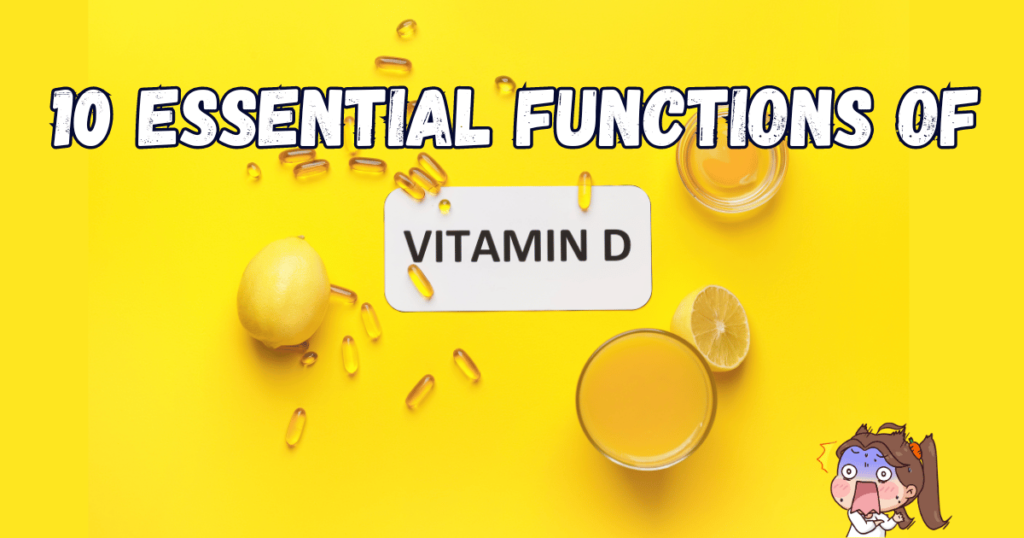Exploring the Benefits of Probiotic Supplements for Gut Health

Benefits of Probiotic Supplements for Gut Health, In the quest for optimal health, gut health is a topic that has gained significant attention in recent years. Central to this discussion are probiotics – the beneficial bacteria that reside in our digestive system. Probiotic supplements, designed to support and enhance these microbial communities, have become increasingly popular. This article aims to delve deep into the world of probiotic supplements, exploring their benefits, types, and how they contribute to overall gut health.
Understanding Probiotics and Their Role in Gut Health
Probiotics are live microorganisms that, when administered in adequate amounts, confer a health benefit on the host. They are often referred to as “good” or “friendly” bacteria because they help keep the gut healthy.
The Science Behind Probiotics
Our gut is home to a complex community of microbes known as the gut microbiota. This microbiota plays a crucial role in our overall health, affecting everything from digestion and absorption of nutrients to immune function and even mood regulation. Probiotics contribute to this microbial balance, ensuring that harmful bacteria do not overgrow and cause health problems.
The Health Benefits of Probiotic Supplements
Probiotic supplements can offer a range of health benefits, particularly related to digestive health and beyond:
1. Improved Digestive Function
Probiotics are best known for their role in digestive health. They can help treat and prevent a range of digestive disorders, including diarrhea, constipation, and Irritable Bowel Syndrome (IBS).
2. Enhanced Immune Function
A significant part of our immune system resides in the gut. Probiotics can boost immune function by enhancing the gut’s barrier function and modulating immune responses.
3. Impact on Mental Health
Emerging research suggests a link between gut health and mental health, often referred to as the “gut-brain axis.” Probiotics may influence brain health, potentially improving mood and cognitive function.
4. Other Potential Benefits
There’s ongoing research into other benefits of probiotics, such as improving skin health, reducing the risk of certain infections, and potentially aiding in weight management.
Types of Probiotic Supplements
Probiotic supplements come in various forms, each containing different types and strains of bacteria. The most common probiotic bacteria belong to the groups Lactobacillus and Bifidobacterium. Each strain offers different health benefits, so it’s essential to choose a supplement that fits your specific health needs.
Choosing the Right Probiotic Supplement
When selecting a probiotic supplement, consider factors such as:
- Strain Specificity: Different strains offer different benefits. Look for supplements that contain strains proven to address your specific health concerns.
- Colony Forming Units (CFUs): This indicates the number of live and active microorganisms in a supplement. Higher CFU counts are not always better; it depends on the specific strain and its intended use.
- Quality and Purity: Choose supplements from reputable manufacturers that adhere to high-quality standards.
Incorporating Probiotics into Your Diet
While supplements are a convenient way to increase your probiotic intake, they are not the only way. Fermented foods like yogurt, kefir, sauerkraut, kimchi, and kombucha are natural sources of probiotics.
Tips for Using Probiotic Supplements
- **Start with a Lower Dose
**: If new to probiotics, begin with a lower dose to minimize potential side effects like bloating or gas. Gradually increase the dose as your body adjusts.
- Consistency is Key: Regular intake of probiotics is crucial to maintain the balance of gut microbiota.
- Storage and Expiry Date: Follow storage instructions, as some probiotics need to be refrigerated. Also, check the expiry date to ensure the bacteria are still active.
- Combine with Prebiotics: Prebiotics are fibers that feed the beneficial bacteria. Taking prebiotics along with probiotics can enhance the efficacy of the supplements.
Understanding the Gut-Health Connection
The health of our gut microbiota impacts not just our digestive system but our overall health. Probiotics can play a significant role in:
- Nutrient Absorption: A healthy gut can better absorb nutrients from the food we eat.
- Detoxification: A balanced gut flora aids in eliminating toxins from the body.
- Hormonal Balance: Gut health can influence the regulation of certain hormones.
Navigating Side Effects and Interactions
Probiotics are generally considered safe, but they can cause side effects, particularly when first starting them. Common side effects include digestive symptoms such as gas and bloating. In rare cases, they can lead to more serious complications, especially in people with underlying health issues.
Consultation with Healthcare Providers
Always consult with a healthcare professional before starting any supplement regimen, especially if you have health conditions or are taking medications.
The Future of Probiotics
The field of probiotics is rapidly advancing, with ongoing research exploring their potential in areas like:
- Personalized Nutrition: Tailoring probiotic supplements to individual gut microbiome profiles for more effective results.
- Chronic Diseases: Investigating the role of probiotics in managing diseases like diabetes and heart disease.
- Mental Health: More studies are needed to understand the gut-brain axis and how probiotics can improve mental health outcomes.
Frequently Asked Questions
- Can probiotics cure digestive disorders?
- While probiotics can support digestive health, they are not a cure-all and should be part of a comprehensive approach to health.
- How long should you take probiotics?
- This varies depending on individual health needs. Some may benefit from short-term use, while others might need long-term supplementation.
- Can children take probiotics?
- Yes, but the strain and dosage might differ. Consult a pediatrician before giving probiotics to children.
Conclusion
Probiotics offer a promising avenue for improving gut health and, by extension, our overall health and well-being. By understanding their benefits, selecting the right type, and incorporating them into a balanced lifestyle, we can harness the power of these beneficial bacteria to support our health journey.
Emphasizing a Holistic Approach
Remember, probiotics are most effective when part of a holistic health approach, including a balanced diet, regular exercise, and stress management. They are not a magic pill but a tool that, when used correctly, can significantly contribute to better health.
In conclusion, probiotics represent a fascinating and evolving area of health and wellness. As research continues to shed light on their myriad benefits, it becomes increasingly clear that nurturing our gut microbiota through probiotic supplements can be a key component of a healthy lifestyle. Whether you are dealing with specific health issues or just looking to maintain good health, probiotics can play a vital role in your wellness regimen.
Benefits of Probiotic Supplements for Gut Health
check this out :Top 10 Worst Breakfast Foods to Avoid in the Morning for a Healthy Start



